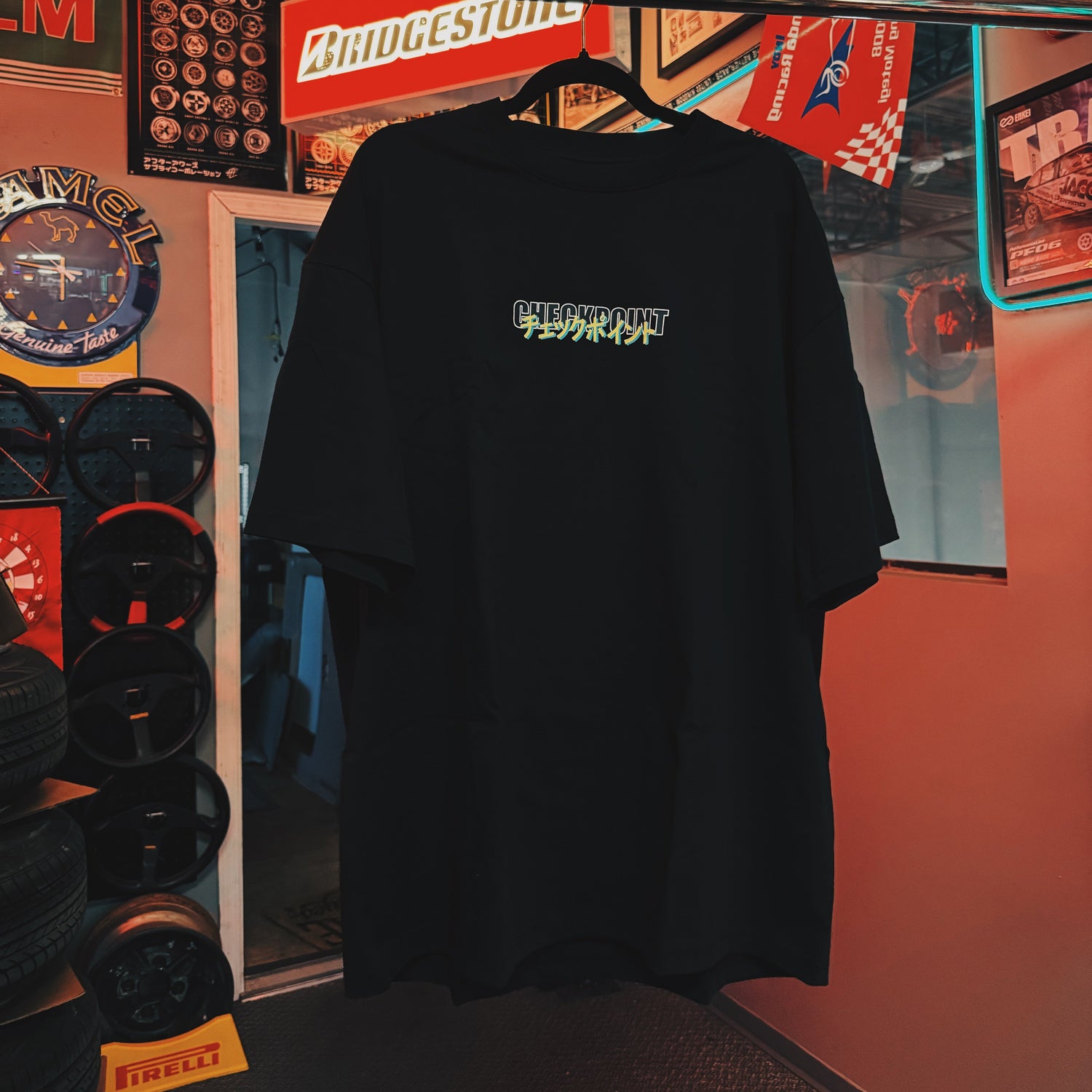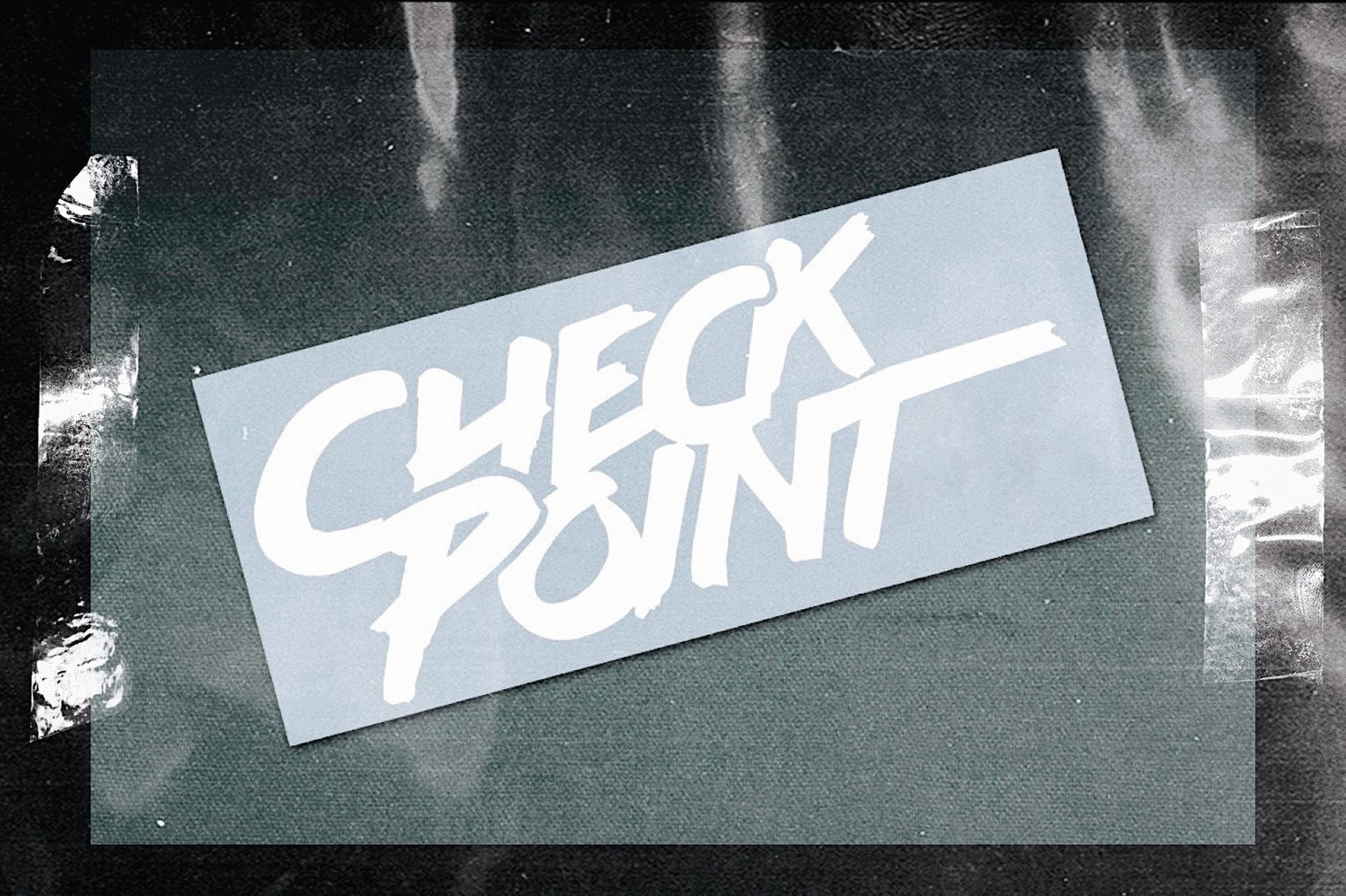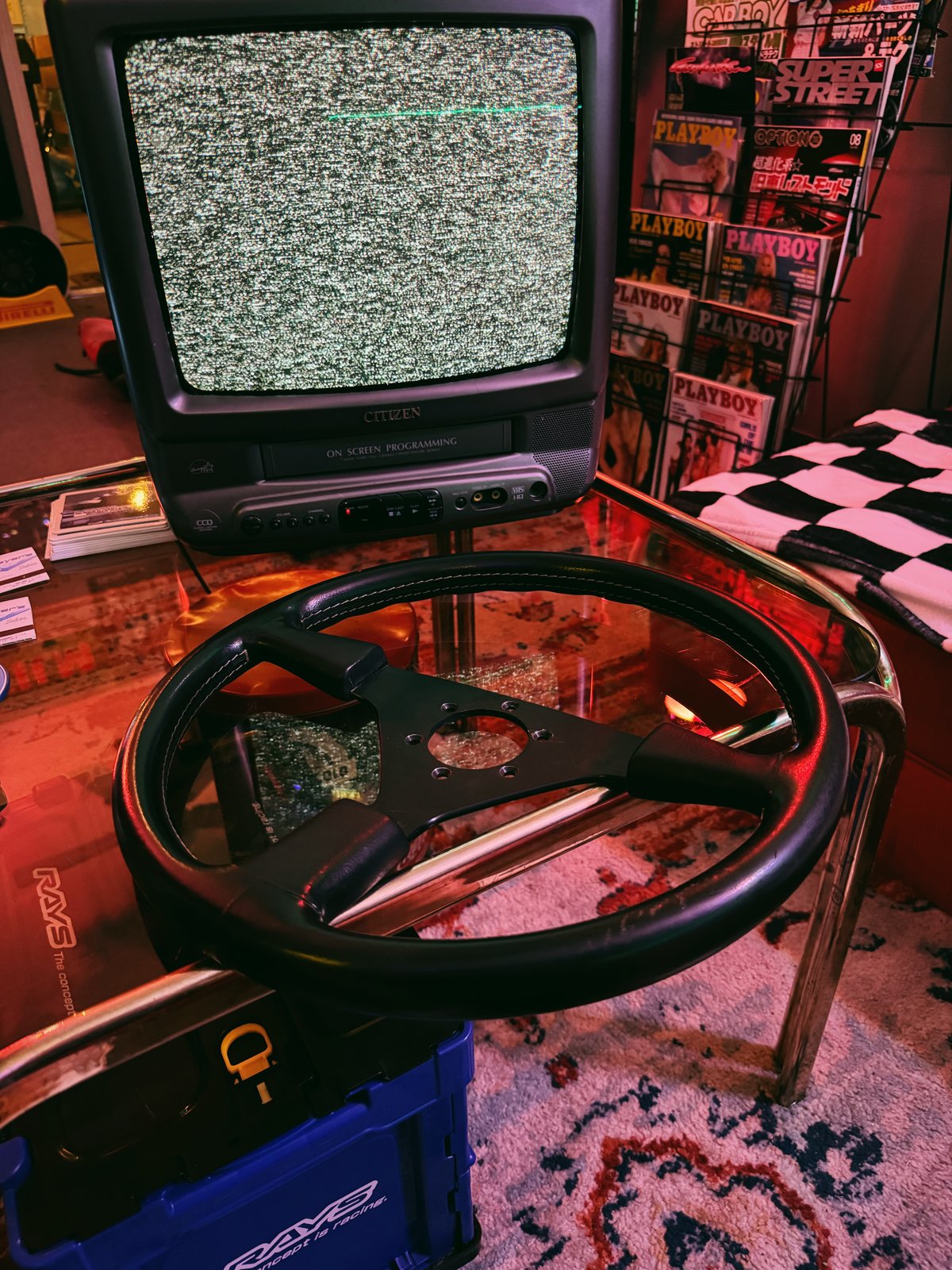
What I Wish I Knew Before Moving To Japan.
Time indeed flies by when you’re having fun; the best 5 months of my life passed by me in what felt like 5 minutes. Although in the grand scheme of things, it was a short amount of time, it was a life-changing adventure that I’m beyond grateful to have had. It wasn’t my first time in Japan, so I wasn’t going in completely blind, but it was certainly a different experience from my usual travels. If you are also interested in going to Japan as more than just a tourist, these are a few tips to help you on your journey and some things that I wish I had known before moving.

A few weeks ago, we asked if you had any questions about what it’s like moving to Japan. I picked some that I think were most applicable to what you need to prepare beforehand. I decided to write my answers here, as it was a bit difficult to think of eloquent responses while driving around in the Cressida.
1. How expensive is it to live in Japan?
This depends on you and the lifestyle that you want to live! It’s very easy to spend upwards of ¥10,000 per day, depending on what you want to eat, if you want to travel or go out somewhere, if you’re going shopping, etc. For the first month or two, I wasn’t as careful as I should have been with my spending, and between furnishing my house and eating at restaurants more frequently, I quickly burned through a large portion of my savings. After that, I realized that I had to take it easy, so I started buying groceries and making my meals at home, plus made less frequent trips to the local Donki.
Housing prices will really vary based on where you live. I was able to rent a house in Nerima for ¥117,000 per month, though apartments closer to the city center cost much more than that. One option I strongly considered for living accommodations while I was there was a “sharehouse”, where you can get a private or shared room in a house with multiple other people, which can be a cheaper alternative to renting an apartment.
Transportation costs can add up. I was able to get a student railway pass through my school, which was maybe about ¥12,000 for 3 months unlimited rides between the stations near my university and my house. Regular commuter passes are also available to give discounted rates on a specific route.

2. How do you get a visa?
There are a number of options for getting a Japanese visa for longer than the typical 90-day tourist visa. I was on a student visa, which meant being sponsored by the partner school in Japan, which sent me a letter to take to the Consulate of Japan in Vancouver. I then filled out an application and waited about a week to retrieve my official paperwork and visa information.
Other options include Working Holiday, which seems to be the easiest one to obtain as it doesn’t require a sponsor, though there are certain restrictions like age, having proof of reasonable funds, no criminal record, etc. A regular Employment visa requires that you have a sponsor or employer in Japan that will provide a Certificate of Eligibility.
There are a few other niche options available, including the Digital Nomad visa that Japan has recently released. Keep in mind that I’m speaking from the perspective of a Canadian citizen, so it’s best to check the options available to you from the Japanese consulate in your home country, as it can vary for different places.
3. Is it hard if you don’t speak Japanese?
In my day-to-day life, it wasn’t difficult to navigate around the city or complete simple tasks like going to the grocery store. The most difficult part was going to the City Office and filling out the necessary paperwork to get my resident card and register my address (which is mandatory if staying for longer than 90 days). It was also pretty isolating when I would go to events and be the only person who couldn’t speak Japanese, which made it difficult to connect with other people. Luckily, I have some bilingual friends who helped me translate when needed, and I also made frequent use of Google Translate.
That said, my time living there would have been much more enjoyable if I had practiced my Japanese more before moving. I have studied briefly using the Genki textbooks and Duolingo, though I haven’t mastered more than the bare minimum. Especially if you’re planning to work there, you will need basic proficiency in Japanese. In general, the vast majority of residents will only speak Japanese, so you’ll be way better off learning as much as you can. With any language, it’s difficult to get a hang of pronunciation, intonation, characters, and all of the other nuances that play into a language, but with time and practice, you’ll eventually find yourself more and more comfortable speaking.
4. Is it true that there are cool cars everywhere?
It won’t feel like you just walked into the underground parking lot scene of Tokyo Drift everywhere, but they are out there. I would often see a cool car parked on the street or drive past me, maybe once or twice a day on average. For the most part, people are daily-driving kei cars and their racecars are parked in garages at home, but if you head out to car meets, like the ones at Daikoku PA on Friday/Saturday nights, you will find what you’re looking for.

5. Is it easy to make friends?
This one depends on you and how outgoing you are! It’s no different than trying to make friends anywhere, really, other than the language barrier in most cases. As mentioned, most people there will speak Japanese, so if you’re looking to talk to people, you’ll be best off getting comfortable with the language. People were very friendly to me, and between going to school and attending car meets, I was able to make quite a few friends along the way.
6. Do you feel like you were treated differently as a foreigner?
I don’t feel like people treated me differently as a foreigner, especially in my daily life. There were a handful of other non-Japanese people living in my neighbourhood, and for the most part, I went about my day normally. There were some instances when I would be out and someone would come up to me and ask why I came to Japan, but it was always friendly and with a genuine interest. Sometimes, typically at car meetings, I was the only foreigner there. I felt like I stood out, but everyone was very kind to me. There was one time when I was sightseeing in Kawagoe, a man came out of nowhere and bought me a box of mini donuts, all he said was “Enjoy Japan”. I guess I can’t compare what it would be like if I weren’t a foreigner because I can’t experience it from that perspective. I also wasn’t trying to find work there, so I’m not sure if being a foreigner would make that more difficult. In my overall experience, I don’t think that people treated me differently, but the times that I was treated differently from others were rather pleasant experiences.

7. What was your favourite part about living in Japan?
The first thing that comes to mind is the food. I love Japanese food, and there is so much variety to choose from, depending on what you feel like eating that day. Not to mention, most restaurants are much cheaper than in Vancouver, BC, so that was a bonus. The convenience stores also have much more variety, and it was amazing being able to get a hot, delicious meal from 7-Eleven for less than ¥400 at any time of day. Another honourable mention is Japanese toilets. If you know, you know.
8. Is it difficult to get typical Western food?
This depends on what you’re trying to make, but for the most part, you’ll likely be able to find any ingredients that you need. There are some things that you won’t be able to find, mainly snack foods or other processed goods from Canada/America. There are many chain restaurants with branches in Japan, like McDonald’s, Burger King, Denny’s, etc. I have a fond memory from one of the first days I moved into my house and finding a Red Lobster down the street, which I thought was funny for some reason. That said, if you are planning to live in Japan, you should explore all of the local cuisine because, as I mentioned, the food is one of the best parts of living there.

9. What’s your #1 recommendation for people who want to move to Japan?
Honestly, to just go out and do it. If you’ve never been and have no idea what to expect, you may be better off planning a trip and staying there for a couple of weeks or months to get a feel for everything and see what it’s like. If you’re planning to work out there, it might be a good idea to start looking for job opportunities and secure something beforehand. If you’re still a student, I would highly recommend looking into whether your university has a partner school and offers exchange semesters. Most of all, learn as much Japanese as you can! A little bit can go a long way, but the more you speak, the more you’ll be able to connect with other people and have an easier time getting situated. Just make sure to get your visa sorted out beforehand, and get an international driver's license before you leave if you plan on doing any driving.
10. What is there to do in your spare time?
The real question is, what isn’t there to do in your spare time? Compared to Vancouver, BC, I feel like there are a lot more activities and events going on. One thing I love about Japan is all of the nature there, so I would often go to a park or forest nearby. You can take the train to visit different cities, walk around, and explore what they each have to offer. Thrift shops are also great in Japan, and you can find lots of gems at a Treasure Factory or Second Street if you’re into that. Of course, if you’re a car enthusiast, there are a ton of different shops you can visit or check the schedules of different tracks to see what events are happening, though you’ll likely need a car for this.

That’s all I have for now. If you have any other questions, please feel free to reach out to us on social media, and we’ll do our best to answer them.
I cannot show enough gratitude to those who supported me throughout the time I spent abroad. To all of the friends I made in Japan who helped show me around and enjoy to the fullest extent, like Mr. Kanamori, Mr. Kakuta, Mr. Takahashi, Mr. Yamaguchi, Mr. Kawaguchi and his family, Mr. and Mrs. Takeuchi, Mr. Sakaji, and so, so many others that welcomed me and took the time to help a random foreigner like me have the most fun possible. Thank you to all of my friends back home who made the long distance feel a little bit smaller by staying in touch with me during the times that I felt homesick, and even more to those who let me tag along on their travels to Japan like Jon and Astrid, Rudeboy, Brian and the rest of the boys, Harrison, and everyone else I ran into along the way.
Most of all, thank you to everyone who encouraged me and supported me throughout the Sandals in Japan video series. It was a daunting task learning how to film, and I had some humongous shoes to fill trying to take videos that matched Dylan’s calibre and meet the level of the sensational Alex in Japan videos.
If you do have the opportunity to travel abroad for an extended period and live on your own for a while, I would highly recommend it. Though it was difficult at times and challenged me in a lot of ways, I would do it again in a heartbeat. I can’t wait to go back to Japan in the (hopefully near) future and look forward to hopefully making some more videos for this series, but until then, that’s all she wrote!



